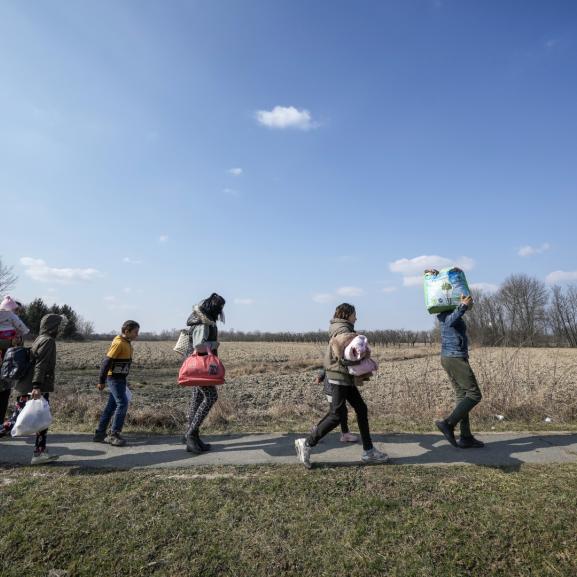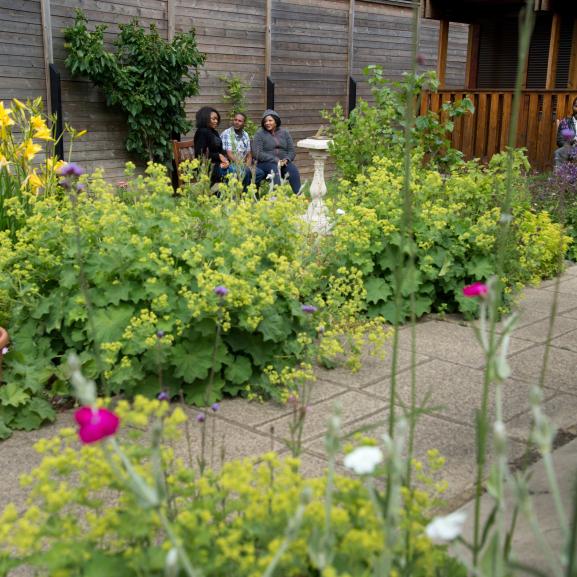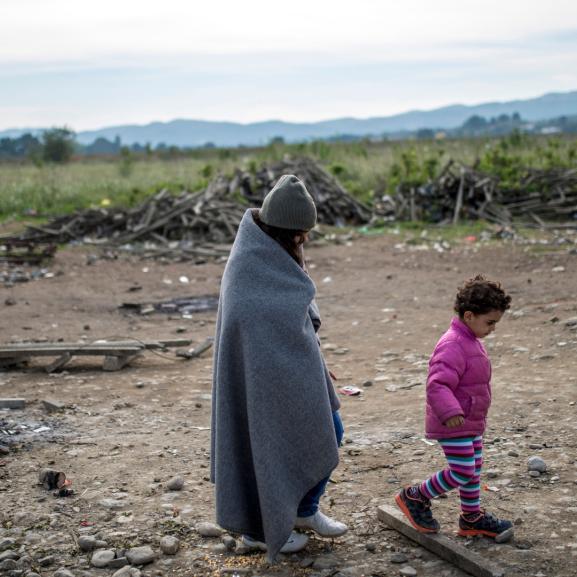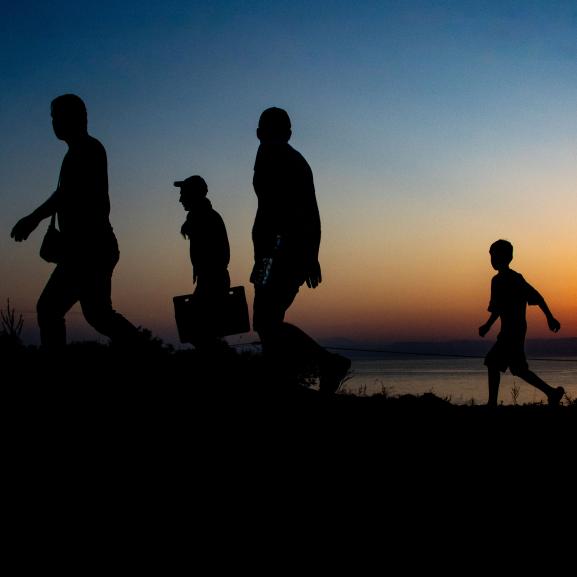NHS medics call for new healthcare charges for vulnerable patients to be scrapped
Hundreds of doctors, nurses, midwives, and counsellors have called on Jeremy Hunt to scrap new NHS rules that would force community health workers to ID and charge some migrant patients.
Over 190 organisations and groups have signed a letter to the Health Secretary opposing the rules, which have been brought in without parliamentary scrutiny or proper consultation with NHS staff. The signatories range from high-profile bodies such as the Royal College of Midwives, the Royal College of Paediatrics and Child Health, Unite the union, and Amnesty International UK, to local services for vulnerable patients such as homeless people and asylum seekers.
Former NHS CEO Sir David Nicholson and over 430 individual medical professionals, including over 350 doctors and nurses, have also signed the letter. There are 1,078 signatories in total.
From 23 October, all community health organisations in England that receive NHS funding will be legally required to check every patient’s immigration status. If the patient cannot provide ID to prove they are exempt from charges, they will have to pay in full before receiving any treatment. The fee will be 150% of the cost of their treatment.
The regulations are set to affect all community health services including school nursing, community midwifery, community mental health services, abortion services, and specialist services for homeless people and asylum seekers. Even charities that receive NHS funding and provide these services will come under the rules. Upfront charging – charging before treatment - for many types of hospital care will also commence.
The letter was initiated by four charities: Doctors of the World, Asylum Matters, the National Aids Trust, and Freedom From Torture. It has also been supported by many civil society groups. It was delivered to Jeremy Hunt on 9 October.
The new rules will force health workers to turn away some patients, either because they don’t have the ID documents required or can’t afford to pay. The rules will further deter some of the most vulnerable members of our communities, such as homeless people and victims of trafficking, from getting healthcare.
The government has made multiple commitments to assess how extending NHS charges will impact vulnerable people, pregnant women and children, but this has not happened. The government's own estimates are that extending charges beyond hospitals and into services such as those provided by charities are likely to recoup just £200,000 a year - just 0.00016% of the NHS’ total annual budget. The rules have been introduced in two stages, with the first taking place in August.
The UK already charges some non-British patients, or their home countries, for most NHS secondary care (ie hospital care) after treatment. A&E treatment and GP surgeries are currently exempt, but the Dept. of Health has been clear that charging could be extended to these services in the future.
Angela Burnett, lead doctor at Freedom From Torture, which provides counselling, group therapy and support for torture survivors who have fled to the UK said:
“These changes to NHS charging regulations are further evidence of the government’s increasingly hostile approach to asylum seekers and refugees, of whom torture survivors make up a particularly vulnerable group. Many of Freedom from Torture’s clients already experience avoidable and unjustifiable uncertainty or delays when trying to access vital health services. The new regulations promise to make an already precarious situation even worse.”







